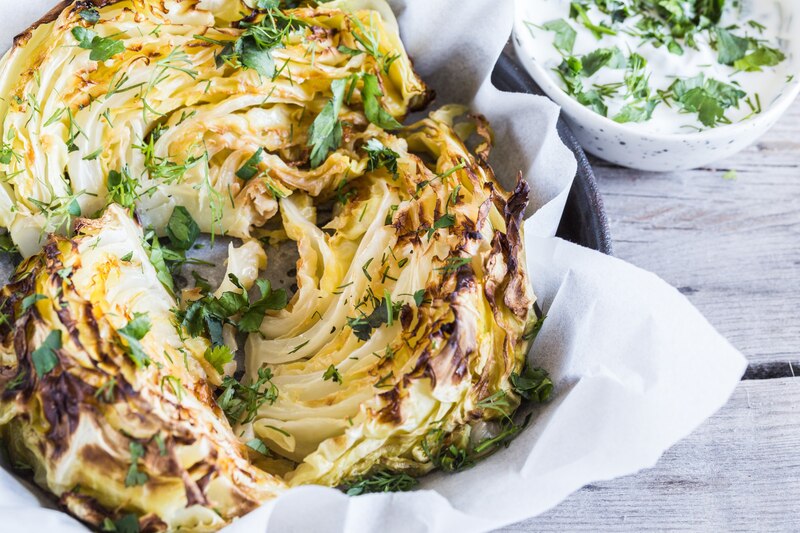Some vegan foods may help with autoimmune flare-ups, while others may make them worse. Here is some information you need to have.
There isn’t simply one food that constitutes an autoimmune diet. It’s a catch-all word for more than eighty different autoimmune disorders, such as Celiac, lupus, rheumatoid arthritis, Chron’s, and dozens more. Joint discomfort, exhaustion, digestive troubles, skin issues, and other symptoms are common for those who live with an autoimmune disease. However, new studies show that avoiding animal products may help control flare-ups.
According to Johns Hopkins Medicine, more than 23. 5 million Americans are living with an autoimmune disorder, and 80% of those diagnosed are female. In the same way that heredity may play a role in autoimmune illnesses, everyone is capable of developing one.
On the other hand, due to the overlapping nature of the symptoms associated with autoimmune diseases, the proper diagnosis might be challenging for some individuals.
Is there any evidence that a vegan diet can aid autoimmune disorders?
Kim Kardashian has the autoimmune disease psoriasis, which causes dry, scaly areas of skin, and she treats her condition with a plant-based diet.
Tennis great Venus Williams uses a raw vegan diet to control the symptoms of Sjögren’s Syndrome, which hinders the body’s capacity to produce tears and saliva. But what does research have to say about plant-based diets and autoimmune disorders?
Dana Ellis Hunnes, Ph.D., MPH, RD, says that “for some of these autoimmune disorders there are particular foods that might make them worse.”
Foods like these vary from person to person because we are all unique. However, eating meals low in inflammatory compounds has been shown to help in flare-up control. Foods high in anti-inflammatory properties tend to come from the vegetable kingdom. Hunnes notes, however, that a more tailored diet may be required for people with specific medical issues.
Foods heavy in phosphorus and potassium should be avoided by those with lupus, and she recommends that those with the disease either cut back on their protein intake or switch to plant-based proteins, which are easier on the kidneys and cause less inflammation.
What kinds of food cause flare-ups of autoimmune disease?
Stress, changes in the weather, changes in the health of the microbiome, and changes in food are just some of the many factors that might trigger an attack. Eating meals high in inflammation is a surefire way to bring on an attack.
Some examples of inflammatory foods are:
- Products including hydrogenated oils and margarine are examples of trans fats that are artificially added to food.
- Frying items like french fries, chicken fingers, and mozzarella sticks
- Consumption of a lot of booze, wine, or beer
- The usual suspects of red and processed meats: burgers, steak, bacon, and deli foods
- White bread, white pasta, and white rice are examples of refined carbohydrates.
- Drinks and foods high in sugar: soda, fruit juices, candies, chocolate, pastries, doughnuts, biscuits
Hunnes notes that “because many of these autoimmune disorders are aggravated or flared up by inflammation,” eating certain foods can raise the likelihood of an autoimmune disease flare.
She also notes that triggers vary both between individuals and between diseases. A gluten-free diet is helpful for those with Celiac disease. Foods heavy in fiber should be avoided or replaced with the BRAT diet (bananas, rice, applesauce, tea, and toast) during a flare-up of Crohn’s disease.
To zero in on individual food triggers, try going on an elimination diet for a couple of weeks during which you cut out any traces of the offending item or foods. To test your body’s reaction, you can gradually reintroduce foods. The absence of a response disqualifies something as a trigger. Hunnes says, “If you do react, it is.
Reduce inflammation with the use of an elimination diet called the Autoimmune Protocol. However, it is not suitable for vegans because it prohibits eating grains, legumes, nuts, and seeds.
However, if you’re going to make adjustments to your diet, it’s preferable to do so in collaboration with a registered dietitian nutritionist, or doctor.
What kinds of meals are helpful for those with autoimmune diseases?
Vegan diets can also be high in items that reduce inflammation. In addition, it’s recommended that you stick to a diet heavy on whole plant foods and light on processed foods, oil, salt, and sugar. Pasta made from whole grains or legumes is acceptable because it is considered “minimally processed.” In addition, oleic acid, which is abundant in olive oil, has been shown to have anti-inflammatory effects.
Hunnes claims that the following items are among the best anti-inflammatory vegan diets for easing autoimmune symptoms:
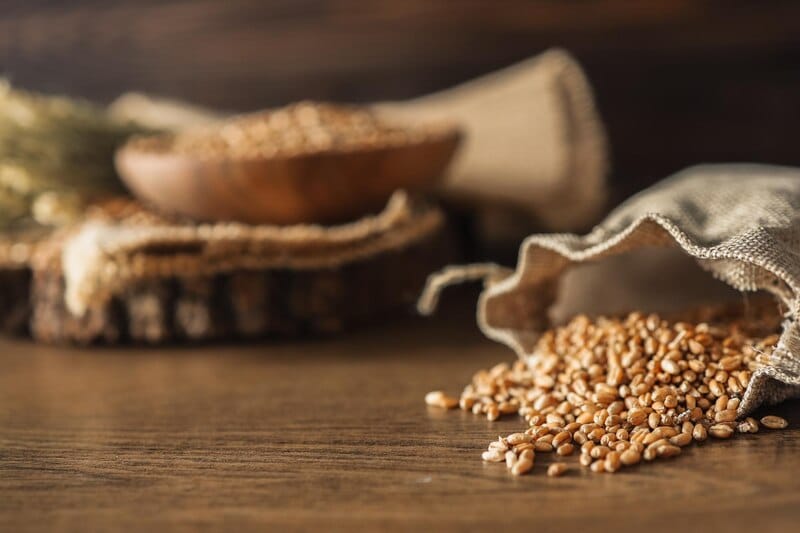
- Foods containing only whole grains
When the germ, endosperm, and bran of a grain kernel are all still together, we call that a whole grain. Complex carbs, fiber, protein, iron, B vitamins, antioxidants, polyphenols, and other minerals are all plentiful in whole grains.
However, most of the nutrients have been removed from refined grains, leaving only the starchy endosperm. This is why many brands of white bread and pasta include vitamin and mineral supplements.
Those who suffer from autoimmune disorders are more likely to choose a gluten-free diet. Whole wheat, rye, barley, farro, spelt, freekeh, wheat berries, and couscous (made from durum wheat) should all be avoided in this situation.
The following are examples of gluten-free whole grains: brown rice (hello, vegetable fried rice with tofu), oats, buckwheat, quinoa, sorghum, and millet. Whole-grain pasta, bread, and cereal are readily available at most grocery stores.
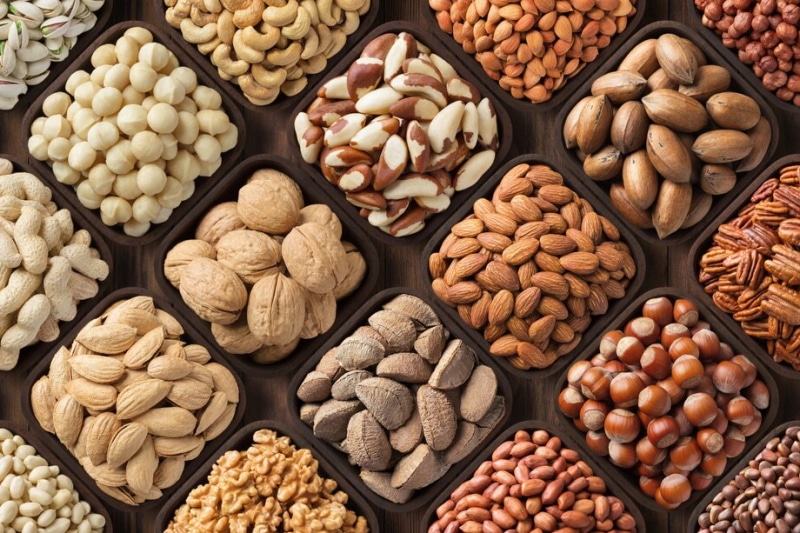
- Seeds and nuts
Flavonoids, antioxidants like vitamin E, and other plant components are abundant in many nuts and seeds and have been shown to reduce inflammation. They are packed with omega-3 and other heart-healthy unsaturated fatty acids that may also have anti-inflammatory benefits.
Increase your intake of healthy fats by eating a wide range of nuts and seeds such as walnuts, almonds, chia seeds, flaxseeds, pistachios, and pecans. You can roughly estimate a serving size of nuts or seeds as a handful. Oatmeal and smoothies benefit greatly from the addition of nut butter.
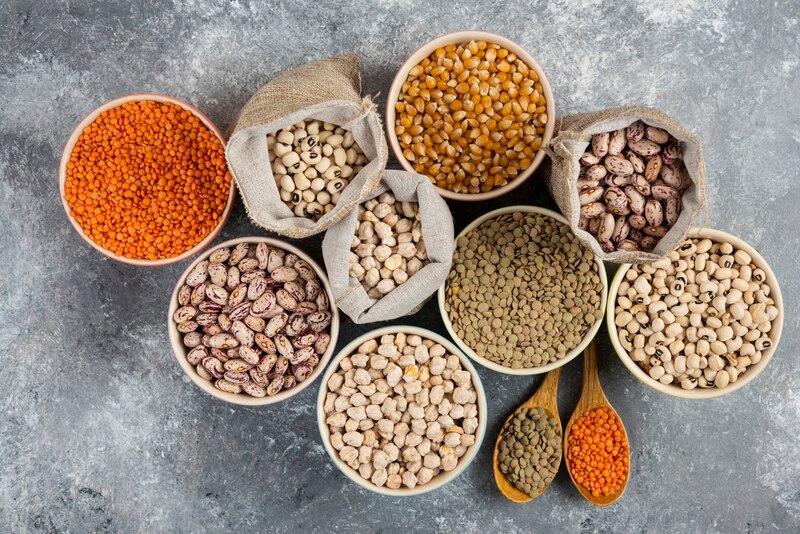
- Legumes
Lentils and beans are examples of legumes, which are nutrient powerhouses because of their high levels of fiber, protein, and other anti-inflammatory substances. Legumes are highly advised for those trying to maintain a healthy heart because of their anti-inflammatory properties. According to recent studies, the antioxidant and anti-inflammatory bioactive chemicals found in beans may be useful in treating the symptoms of arthritis and other inflammatory illnesses.
Many thousands of legume species exist worldwide. While there are many varieties, some of the more frequent ones include chickpeas, black beans, pigeon peas, white beans, soybeans, soy products, mung beans, red lentils, brown lentils, split peas, and many others.

- Fruit
Fiber, vitamin C, pectin, polyphenols, and phytochemicals are just some of the anti-inflammatory ingredients found in nature’s sweet treats.
While aça is well recognized as a superfood, the anti-inflammatory effects found in other fruits like apples, cherries, peaches, plums, red grapes, oranges, lemons, and limes should not be overlooked. Many canned fruits already have a lot of sugar added to them, so fresh or frozen is preferable.
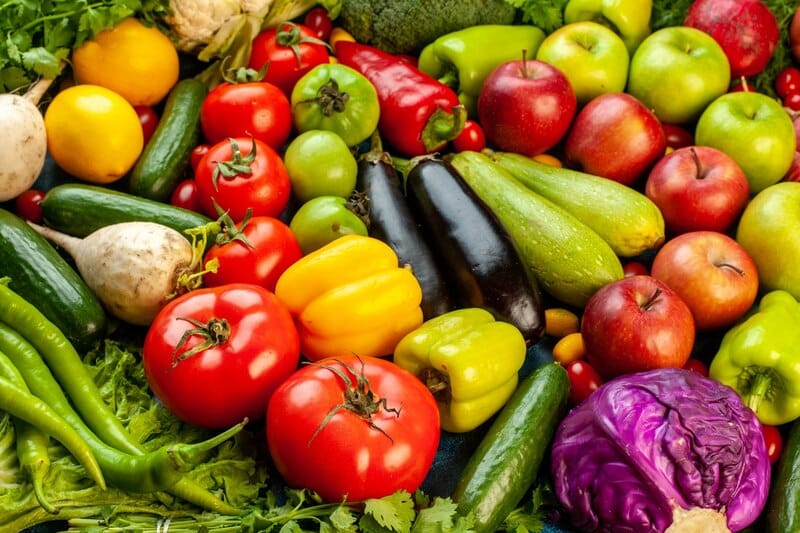
- Vegetables
You can find many anti-inflammatory foods in vegetables. Fiber, antioxidants, and polyphenols can all be found in abundance in dark leafy greens like spinach, kale, and collard greens. A potent anti-inflammatory antioxidant called sulforaphane is found in broccoli. Vitamin C can be found in bell peppers, while phenols can be found in mushrooms. Roasted broccoli and tofu scramble with turmeric would be a great anti-inflammatory dinner to serve with brown rice.
When it comes to alleviating the signs and symptoms of an autoimmune illness, diet is just one potential moderator. Because of this, it’s important to remember that what helps one individual may not help another. You should visit a doctor if you are experiencing signs of an autoimmune disease or suspect that you may have one.







